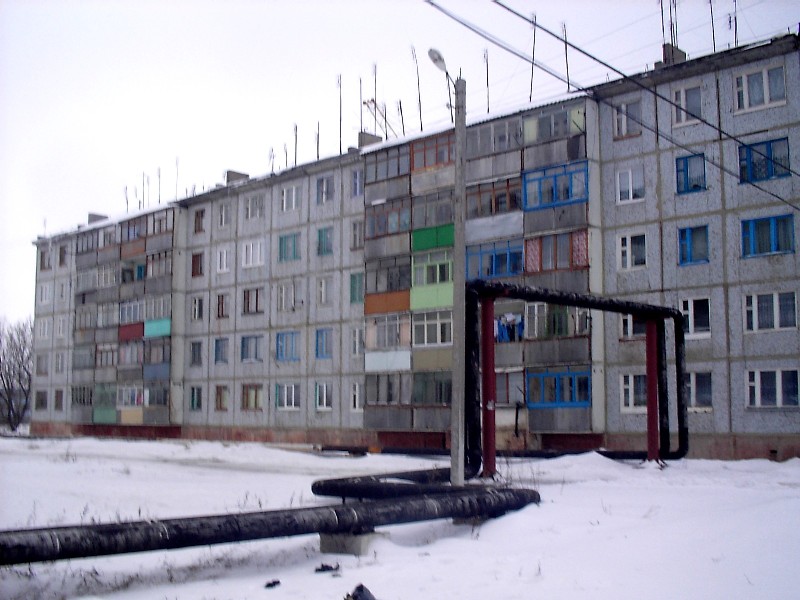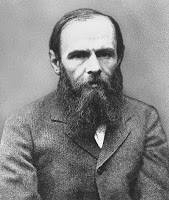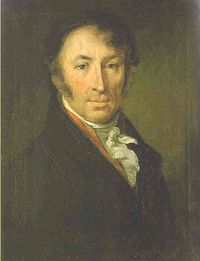Russian News:
I would like to try and add to this blog a weekly Russian news feature. In the beginning this will include my translation of, and brief commentary on, a contemporary Russian news piece. These articles will be chosen fairly at random, and from an array of sources. This first article was released last week on the RIA Novosti website. RIA Novosti is a state-run media outlet in the Russian Federation.
Report: The press in the U.S. is limited in its access to power, and its freedom of speech.
18:52 25 November, 2014 updated- 19:07 25 November, 2014
РИА Новости http://ria.ru/world/20141125/1035102418.html
A report by the Institute for Democracy and Cooperation, made available to RIA Novosti, states that “the reality of contemporary America supports the contention that it is the deliberate policy of the executive branch of the U.S. government to create impediments to the work of reporters.” Continue reading “Russian News- RIA Novosti Reports on America’s Human Rights Record”





